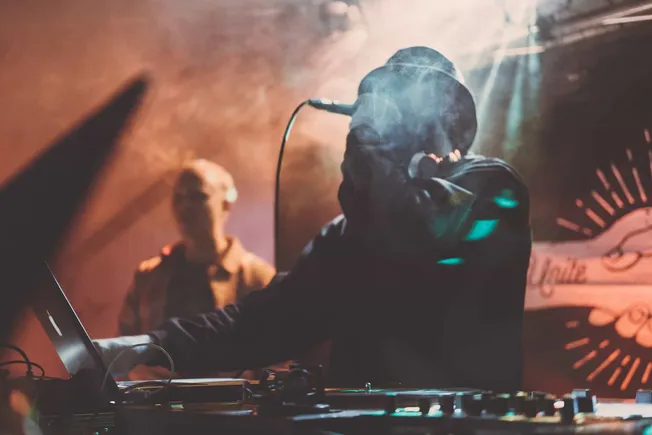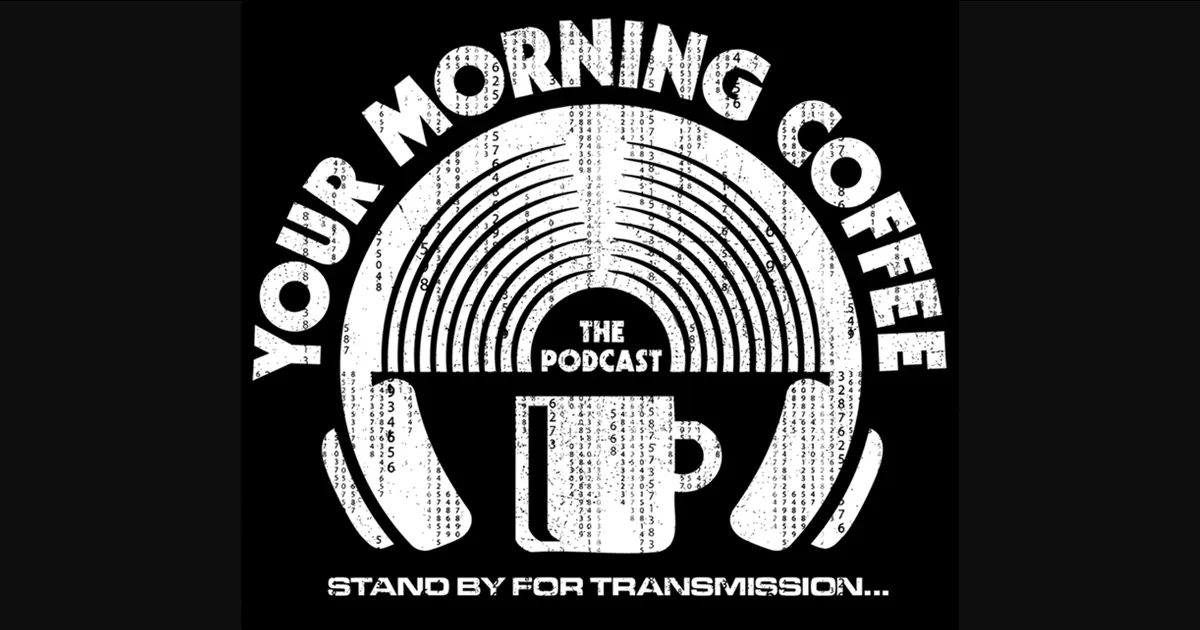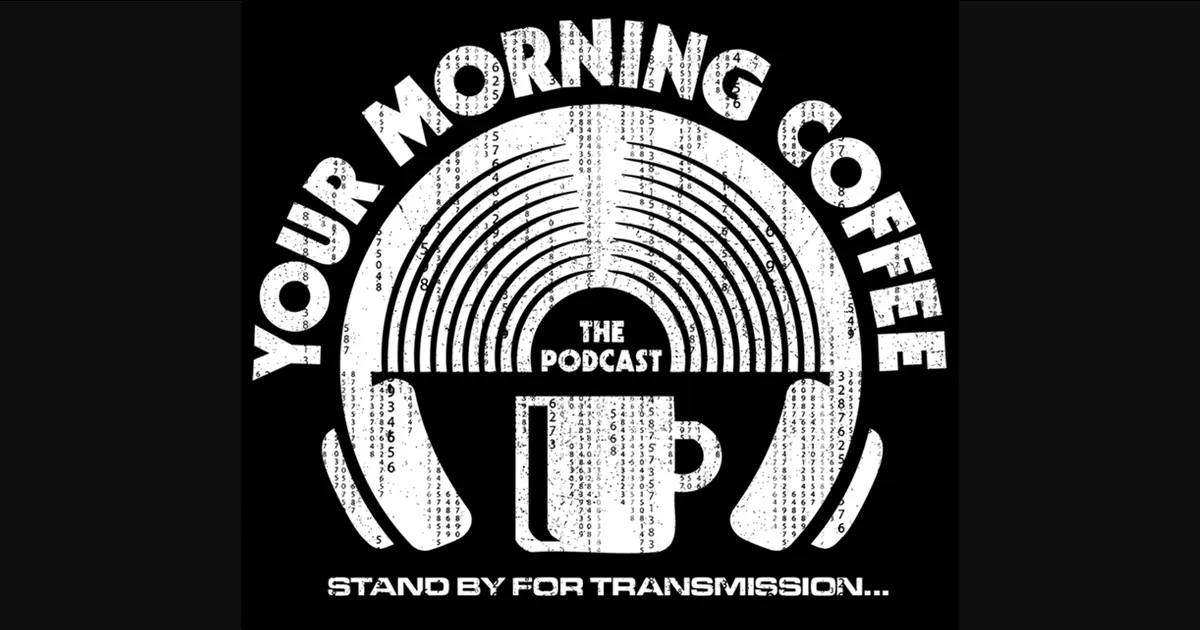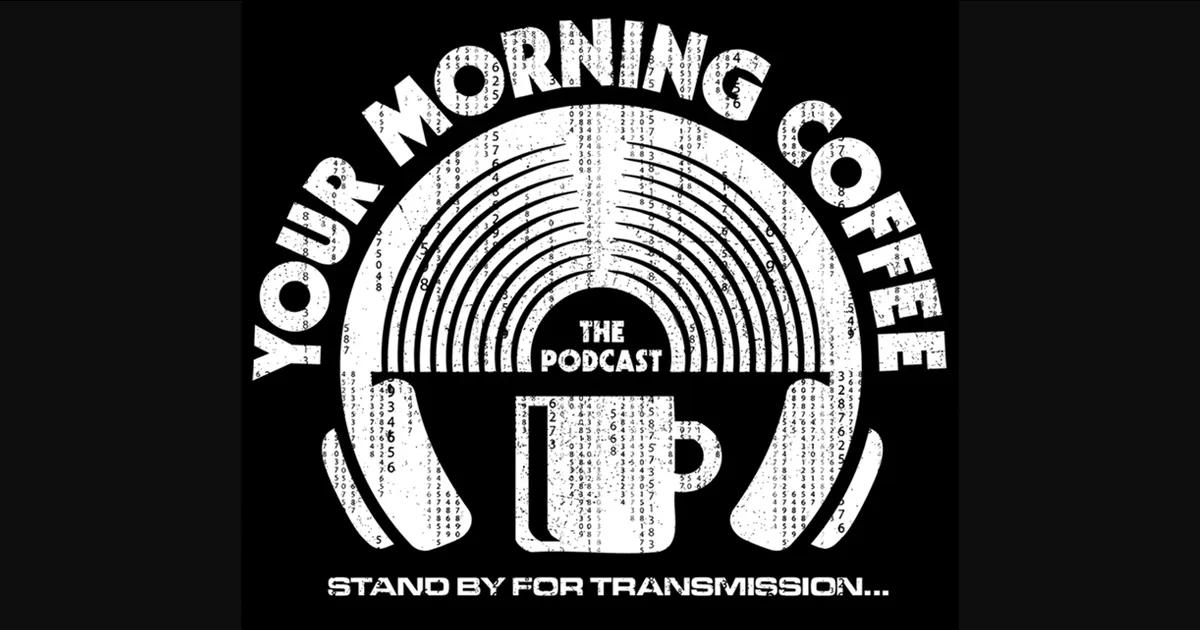Here we break down the essential members of a band/artist’s team, what roles they each perform, and why they’re necessary in helping guide a musician along the path to success.
Guest post by Nat Jay from the Dotted Music Blog
Who are the main team members an artist works within the music industry and when/why do you need them?

1. The Manager
- WHAT A MANAGER DOES: An Artist Manager is the most important partner an artist will have for several reasons. Firstly, a manager is the point person for every other partnership and transaction relating to the artist’s career. A manager will likely be in touch with their artist on a daily basis and will oversee the general direction of an artist’s career. Managers may also handle general administration, the artist’s finances, and seek out profitable connections and opportunities for an artist. Some managers may have a background in law and administer the artist’s contract negotiations and other legal requirements as well.
- WHEN YOU NEED ONE: Although a lot of artists think they need to find a manager right off the bat, you don’t actually need a manager until you make enough money to merit paying someone 15-20% of your income and make it worth their while. And if you’re not earning that much, giving away 15-20% of it may not be the best use of your funds. It might feel easier to hand everything to a buddy who says he wants to be your manager, but the most successful artists are those who invest time into the business side of their careers and build the groundwork for a successful management partner down the road. Learn about your industry, enlist a friend to help with some admin tasks if necessary, and once you’ve established a strong foundation, the right manager should have the connections and knowledge to take your career to the next level.
2. The Label
- WHAT A LABEL DOES: In the traditional sense, the label usually funds an artist’s career, footing the bill for recording and marketing costs, and supporting the artist throughout the release process. The label often owns and/or controls the master recording and works alongside the manager to strategize the best career moves for an artist’s advancement.
- WHY YOU NEED ONE: The truth is, in this indie world, you don’t always need one. Many artists these days have been successful at funding their own records and marketing plans, without having to pay back a label for their output of cash, all the while maintaining the rights and the freedoms of controlling of their own masters. But if you find a label that shares your vision, can help you make good decisions about your career, and that you trust to control your rights, it can turn into a mutually beneficial partnership and fund your ongoing music habit. Essentially, a label can act as a home base for an artist, hopefully providing opportunities through its connections in the industry, with other artists on the label, and through potential showcases. Signing with a label can be genre dependent too: artists in mainstream pop and country will almost always need the support of a major label to compete with the toolkit and budget of other artists in the genre, whereas folk and other indie artists may have more success going it alone with a bit more control to reach their fans in creative ways, at least at the beginning of their careers.
3. The Agent
- WHAT AN AGENT DOES: Booking Agents book live performances for an artist, which could include shows, performance tours, radio tours, and other live appearances. They negotiate performance contracts, fees, riders, accommodations, and communicate with venues and promoters on behalf of an act. They also often pair a developing act with a more established act (often rep’ed by the same agency), to help build the developing act’s fan base.
- WHEN YOU NEED ONE: Many artists just starting out believe that getting an agent is key in building their fan base, but it’s actually quite the opposite. Agents are not magicians who can make an entire fan base appear out of nowhere. On the contrary, it’s the artist’s responsibility to build a strong foundation of fans before they can benefit from the skills and connections of a good agent. And these days, there are so many ways to do that, especially with the help of social media platforms. Agents want to be able to ensure venues and promoters that the act they’re championing will have a draw, will bring people out to pay for tickets, drinks, food, and other merchandise. They need to be able to promise the more established act that they too will gain new fans from this collaboration. And at the end of the day, the agent wants to take home 10% of something worthwhile. If you can fill small venues with 150-300 people at each show outside your hometown, that might be an indication that you’re ready to partner with an agent.
4. The Publisher
- WHAT A PUBLISHER DOES: A Publisher represents the other set of rights in a recording: the publishing rights, or the rights to the exploitation of the song itself, in collaboration with the songwriter. Publishers handle all administration of the publishing rights, arrange co-writes for their writers, and seek out opportunities for financial exploitation of their writers’ catalogues of songs, including landing cuts with other artists and sync placements in film and television.
- WHEN YOU NEED ONE: Much like the previously mentioned team members, a publisher isn’t necessary until you have an established foundation of income generating from your songs. In fact, publishers likely won’t look at an artist until this is the case, and even then, it’s tough to land a publishing deal in the current climate. However, there are many opportunities for artists to generate income from their publishing rights without the help of a publisher, such as sync licensing, live performance, radio, and more. Once you have an ongoing, healthy, and steadily increasing revenue stream from your publishing rights, this may be a cue it’s time to connect with a publisher to discuss at least an administration deal. If your goal is to land cuts with other artists, the publishing deal likely won’t come until you’ve landed one or more already, so you’ll have to be creative in your attempts to make this happen. If you’re having lots of success with sync already, it’s possible you may not need a publisher, but may choose to work with a reputable sync agent instead.
With patience, the right partners will come along at the right time and will be able to access opportunities and open doors that an artist normally couldn’t. But with any partner, an artist will achieve a much more effective result for their career if they’ve taken the time to build a foundation of knowledge and success in that area before making the connection with potential team members.
Nat Jay is a Vancouver-based singer-songwriter who recently released a new album, The Flash of a Fight, available for streaming here. She is also a private consultant and sessional instructor at Langara College in the Singer/Songwriter and Digital Music Programs.





